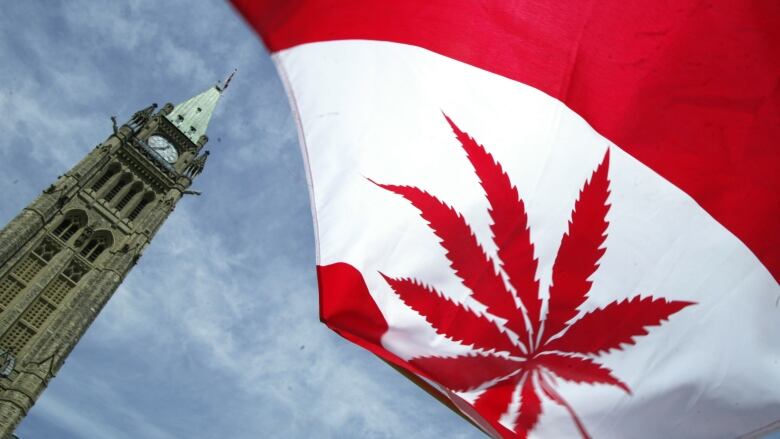Why marijuana legalization could mean more workplace scrutiny for employees
'The employer really has no business with what they've done on the weekend'

Workers in safety sensitive workplaces will likely see increased scrutiny of marijuana impairment by employers once the drug is eventually legalized by the federal government, says labour lawyer Julie Menten.
Legislation is set to be introduced by summer 2017.
But, aCalgary-based oil and gas safety group recently raised concerns over workplace safety risks associated with increased use of marijuana.
- Employers want Ottawa's help to deal with marijuana-smoking workers
- Trudeau says marijuana legislation expected by summer
"I think what the concerns are is that [the] impairment at work that [employers are] already experiencing is going to grow, and that may be the case that they have more cases of people attending work impaired under the influence of marijuana than they had previously," Menten told guest host Gloria Macarenko on CBC's On the Coast.
Menten says the issue is broken down into two areas, safety sensitive workplaces, and the rest.
"Safety sensitive employers absolutely cannot tolerate any degree of impairment at work from alcohol or drugs and that's a huge issue. They have a legal responsibility to ensure a safe workplace under workers compensation legislation," says Menten. "But for employers who are not safety sensitive they're concerned about performance issues and attendance issues, and people being impaired at work and not able to do their job or coming in late, missing a lot of work."
A December 2016federal task force report on cannabis legalization and regulation identified concerns from employer groups regarding appropriate drug use and drug testing policies in the workplace.
However, no hard recommendations were made, save for encouraging more consultations with the provinces and research on impairment.
PattyHajdu, the minister of employment, said the federal government is working with the provinces and territories on a framework to address substance abuse in the workplace, but said those are broadly based consultations.
Balancing rights
Some safety sensitive employers in the oil and gas industry have tried to introduce mandatory testing for drugs and alcohol, but have been challenged by unions in the Supreme Court of Canada, says Menten.
"The Supreme Court of Canada recognized that there is some conflicting rights, so the right for employees to have a safe workplace, the right for employers to require a safe workplace, but also employees'privacy rights," said Menten.
"When you require all employees to submit to randomized testing regardless of the reason, for no reason at all possibly, that is an invasion of their privacy under the charter because they have to do a saliva test, or the urine test, or a blood test."
Menten says that the Supreme Court of Canada ruled that employers can only require drug testing if a person works in a dangerous workplace, has a history of drug or alcohol abuse, and there is reasonable suspicion that they are impaired at work.
"I think that employers have reasonable concerns about impairment in the workplace, particularly in safety sensitive workplaces, but it is this complicated balancing of rights issue."
Menten says effective drug testing will be problematic though, as the science is not yet accurate enough.
"If they're not impaired, and if they're able to do their job, then the employer really has no business with what they've done on the weekend," said Menten.
She says that until testing practices improve, employers and employees should plan to deal with marijuana in the workplace in much the same way as they've done with similar substances like alcohol.
With files from CBC's On the Coast












_(720p).jpg)


 OFFICIAL HD MUSIC VIDEO.jpg)
.jpg)



























































































